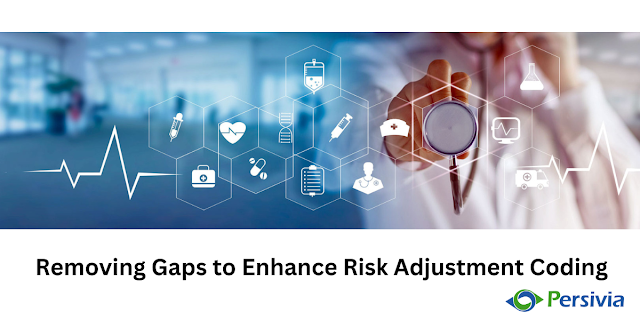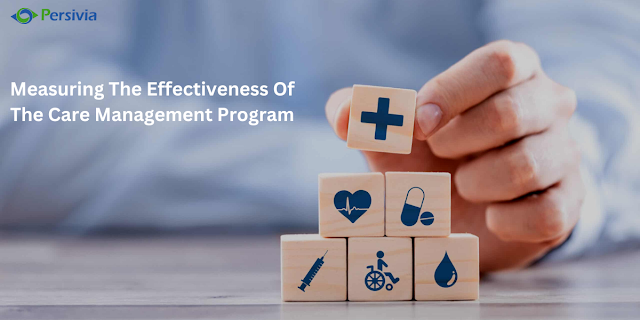Removing Gaps to Enhance Risk Adjustment Coding

A risk adjustment solution calculates risk scores using HCC coding to predict healthcare future costs. The HCC framework was not intended to complicate the HCC coding procedure. Its objective, however, is to present a clear image of each member's accurate and full profile in order to better comprehend their health state and care costs. Beneficiaries allow for payment for care that has an impact on patient outcomes. Appropriate compensation is a win-win for all the organizations involved- the member, healthcare plan, and physician. Using HCC Coding alone in Risk Adjustment Solutions to improve HCC capture and re-capture rates is an expensive technique. With this in mind, many businesses are turning their attention to technology. This will assist them in determining which findings are under-coded or wrongly coded. It is frequently questioned in medical coding how HCC Coding Engine differentiates from Natural Language Processing or NLP. Although both NLP methods use technology t...

